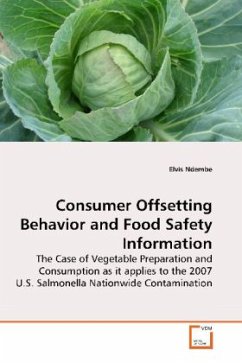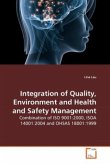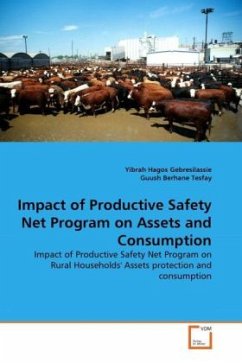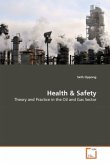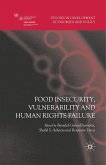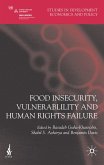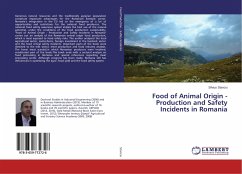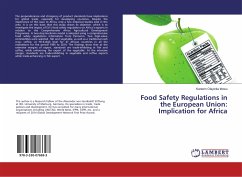This study combines both theoretical and empirical models to test the presence of dominant or partial offsetting Behavior (OB) in the preparation and consumption of vegetables following the 2007 U.S nationwide Salmonella contamination if a food safety policy such as the PR/HACCP is mandated in the vegetable sector. Our findings indicate that food safety information that has an effect on outrage and locus of control, both determinants of perception of risk, will lead consumers to become lax in response to this food safety policy. These findings can be used by regulatory authorities to evaluate the potential impact and reaction of consumers to a given regulatory policy which will enable the efficient and effective implementation of such policies, as such safeguarding the safety and well being of consumers.
Bitte wählen Sie Ihr Anliegen aus.
Rechnungen
Retourenschein anfordern
Bestellstatus
Storno

